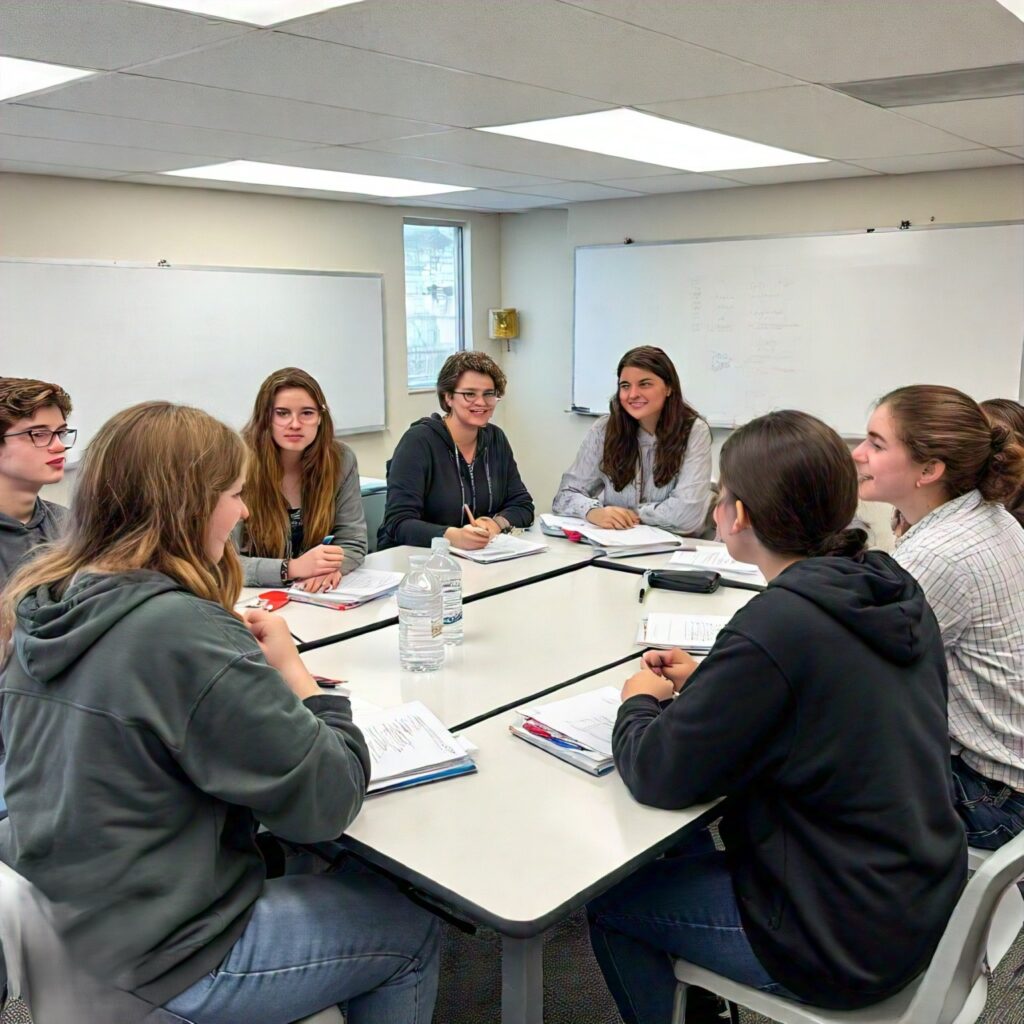Becoming a Certified Public Accountant (CPA) is a prestigious achievement that can open doors to a wide range of career opportunities in the finance and accounting sectors. The CPA qualification is highly recognized not only in the United States but across the globe. However, it requires a combination of education, exams, and experience to achieve this credential. This article will explore the steps involved in becoming a CPA and explain the US CPA course eligibility criteria that you must meet to start your journey.
What is a Certified Public Accountant (CPA)?
A Certified Public Accountant (CPA) is a licensed accounting professional who has passed the CPA examination and met other state-specific requirements, including education and experience. CPAs have a broad range of expertise in areas like auditing, taxation, and financial analysis, and they are often relied upon for their knowledge in managing financial records, preparing taxes, and advising businesses on financial matters.
In the U.S., a CPA is a symbol of trust, integrity, and expertise. The CPA credential is highly valued by employers in both public accounting firms and private industries because it assures clients that the accountant has passed rigorous exams and met educational and professional standards.
Steps to Become a Certified Public Accountant (CPA)
Becoming a Certified Public Accountant involves several critical steps that span across education, exam preparation, and work experience. Here’s an overview of the process:
Step 1: Meet the Education Requirements
The US CPA course eligibility is primarily determined by your educational background. The American Institute of Certified Public Accountants (AICPA) sets the standards for CPA licensure, but each state has its own specific requirements for education.
Generally, to become eligible for the CPA exam, you must:
- Have a bachelor’s degree or its equivalent from an accredited institution.
- Complete at least 150 semester hours of college education. This is more than the typical 120 hours required for a bachelor’s degree, and the additional hours can be completed with a master’s degree in accounting or by taking extra courses.
- Your coursework must include specific subjects such as financial accounting, auditing, business law, taxation, and management.
It’s important to check with your state board of accountancy for specific educational requirements, as they can vary by state.

Step 2: Apply for the CPA Exam
Once you meet the educational requirements, the next step is to apply for the CPA exam. The CPA exam consists of four sections, and you must pass each section to earn the CPA designation. These four sections are:
- Auditing and Attestation (AUD): This section tests your knowledge of auditing processes, including preparing audit reports and evaluating internal controls.
- Business Environment and Concepts (BEC): This section covers business structures, economics, and corporate governance.
- Financial Accounting and Reporting (FAR): This section examines your ability to apply accounting principles, standards, and regulations to financial reports.
- Regulation (REG): This section focuses on U.S. taxation, business law, and ethics.
US CPA Course Eligibility
The general requirements for the US CPA course eligibility are as follows:
The US CPA course eligibility criteria are a vital factor in determining whether you can sit for the CPA exam. As mentioned earlier, eligibility is based on your educational background, and each state has different rules regarding the specific educational qualifications required.
1. Educational Requirements
To qualify for the CPA exam, you must have at least a bachelor’s degree from an accredited institution. In addition, you need to have completed at least 150 semester hours of education. This is higher than the usual 120 semester hours required for a bachelor’s degree, so you will need to complete additional coursework.
Some states allow you to sit for the exam before completing the 150-hour requirement, but you must fulfill it before you can be licensed.
2. Coursework Requirements
While a degree in accounting is preferred, other business-related degrees may also meet the educational requirements for US CPA course eligibility. The key is that your coursework must cover specific subjects in accounting, auditing, business law, taxation, and other relevant topics.
Many candidates choose to complete a Master’s in Accounting or similar postgraduate courses to meet the 150-hour requirement.
3. Work Experience Requirements
In addition to meeting the educational requirements, you must also fulfill work experience requirements to become eligible for the CPA exam. Most states require 1 to 2 years of supervised work experience in accounting, which must be documented and signed off by a licensed CPA.
4. State-Specific Eligibility
Since each state has its own board of accountancy, the US CPA course eligibility can vary depending on where you plan to take the exam. Some states may have additional requirements, such as additional coursework or specific subject matter areas.
Why Choose the CPA Credential?
Becoming a Certified Public Accountant comes with several benefits, including:
- Career Opportunities: CPAs are in high demand across various industries, including public accounting, corporate finance, government, and more.
- Higher Earning Potential: CPAs typically earn higher salaries compared to non-licensed accountants.
- Professional Credibility: The CPA credential provides you with professional recognition and can enhance your reputation in the industry.
Conclusion
Becoming a Certified Public Accountant (CPA) is a challenging but rewarding journey. By meeting the US CPA course eligibility requirements, passing the CPA exam, and gaining relevant work experience, you can unlock a wide range of career opportunities and build a successful accounting career.
If you are considering pursuing the CPA credential, make sure to thoroughly research the specific requirements for your state and plan your educational and professional path accordingly. With determination and proper planning, you can achieve your goal of becoming a Certified Public Accountant and advance your career in the accounting profession.
